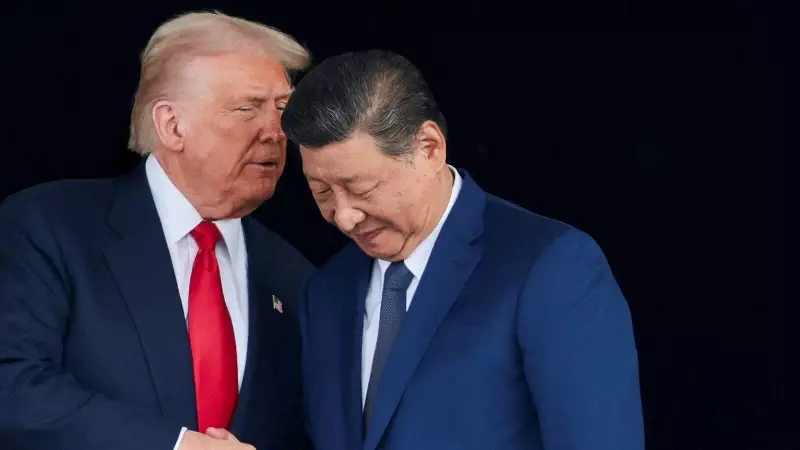
The path to a comprehensive trade agreement between the United States and China remains fraught with obstacles, despite ongoing diplomatic efforts. What began as a trade war has evolved into a complex geopolitical standoff with far-reaching implications for the global economy.
The Stumbling Blocks in Trade Talks
Both economic superpowers continue to grapple with fundamental disagreements that have prevented a breakthrough in negotiations. The core issues include:
- Intellectual property protection and technology transfer requirements
- Market access limitations facing American companies in China
- Industrial subsidies provided by the Chinese government
- Tariff structures and their gradual reduction timeline
Economic Impact and Global Consequences
The prolonged trade tensions have created significant headwinds for both nations' economies. Manufacturing sectors have faced disruption, supply chains have been reconfigured, and businesses worldwide have operated under heightened uncertainty. The International Monetary Fund has repeatedly warned that escalating tariffs could shave points off global GDP growth.
What Businesses Should Watch For
Several key indicators will signal progress in the negotiations:
- Phased tariff reductions on specific product categories
- Increased purchases of American agricultural products by China
- Structural reforms in China's economic policies
- Establishment of enforceable dispute resolution mechanisms
The Road Ahead for US-China Economic Relations
While both nations have expressed desire for a resolution, the path forward requires delicate diplomacy and mutual concessions. The upcoming high-level meetings between trade representatives will be crucial in determining whether the world's two largest economies can find common ground or if the trade stalemate will persist into the foreseeable future.
Economic analysts suggest that even with a partial agreement, the broader strategic competition between the US and China is likely to continue across technology, security, and economic spheres, making any trade pact just one element of a much larger geopolitical relationship.





